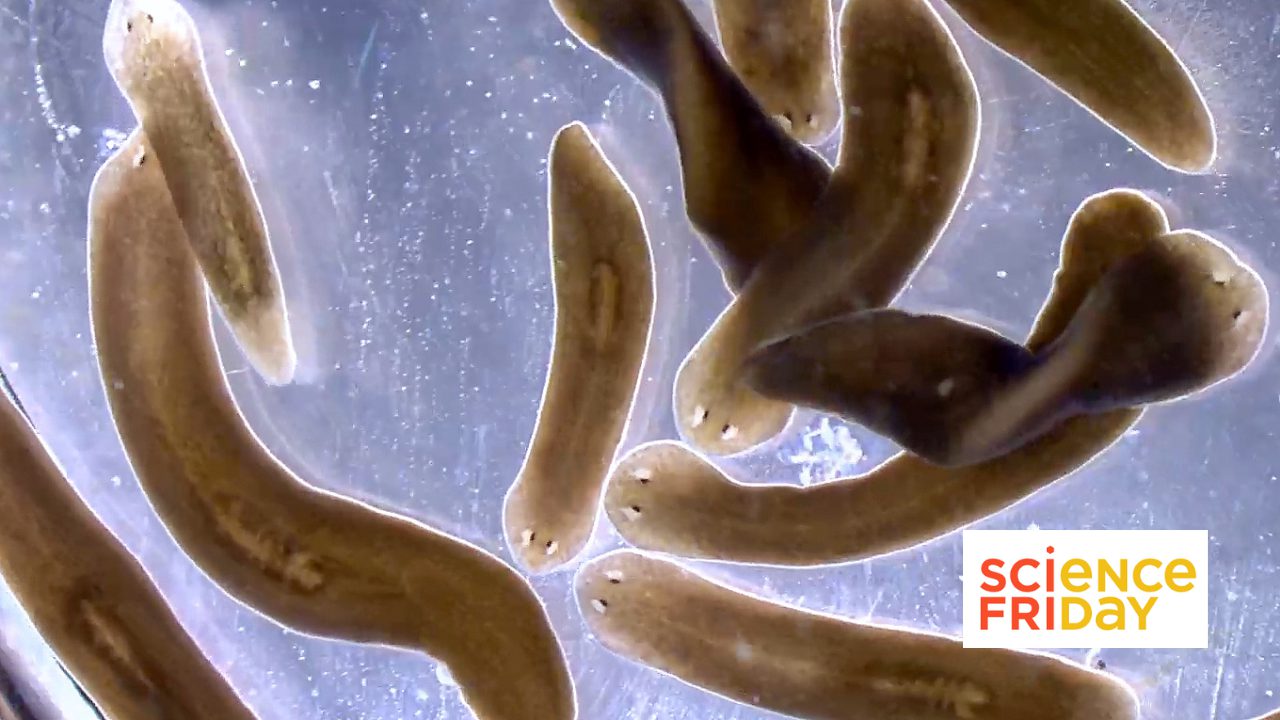In The News

07 January 2026
Investigator Kamena Kostova, named ‘Cell Scientist to Watch’
From the Journal of Cell Science, Investigator Kamena Kostova named a 'Cell Scientist to Watch'
Read Article

This October, Stowers Institute Investigator Jerry Workman, PhD, was inducted into the American Academy of Arts and Sciences at the Academy’s headquarters in Cambridge, Massachusetts.
Workman was one of the first scientists to discover that histones, proteins that keep the genomic DNA neatly organized inside the cell nucleus, are both important for the exquisite packaging of DNA into chromatin and crucial players in the regulation of gene expression. He has identified and characterized several giant protein complexes that modify histones, causing them to either loosen or tighten their grips on DNA, leaving it open to enzymes that can read its code and turn on genes.
“This is a highly prestigious—and very fitting—recognition of Jerry’s pioneering contributions to the field of chromatin biology and gene expression,” says Scientific Director Robb Krumlauf, PhD. “With boundless creative and intellectual energy, he changed our fundamental understanding of how genes are turned on and off, and as a result has had a profound impact on a wide range of other fields, such as developmental biology and cancer research.”
Since 1780, the American Academy of Arts and Sciences has recognized thinkers and doers from each generation; past members include George Washington, Benjamin Franklin, Winston Churchill, and Albert Einstein. Among this year’s fellows are the recipient of the 2011 Nobel Prize in Physiology or Medicine Bruce A. Beutler; the director and actor Robert De Niro; singer-songwriter Bruce Springsteen; Pulitzer Prize-winning poet Annie Dillard; and astronaut, former Senator, and Presidential Medal of Freedom winner John Glenn.
Workman is the sixth person from the Stowers Institute to be inducted into the American Academy of Arts and Sciences.
In The News

07 January 2026
From the Journal of Cell Science, Investigator Kamena Kostova named a 'Cell Scientist to Watch'
Read Article
#Stowers25: Celebrating 25 Years
06 January 2026
Alejandro Sánchez Alvarado, Ph.D., reflects on a year of discovery, gratitude, and the community that helps support our mission.
Read Article
In The News

01 January 2026
From Science Friday, President and CSO Alejandro Sánchez Alvarado talks about the science of regeneration and the biology lessons we can carry into the new year.
Read Article
